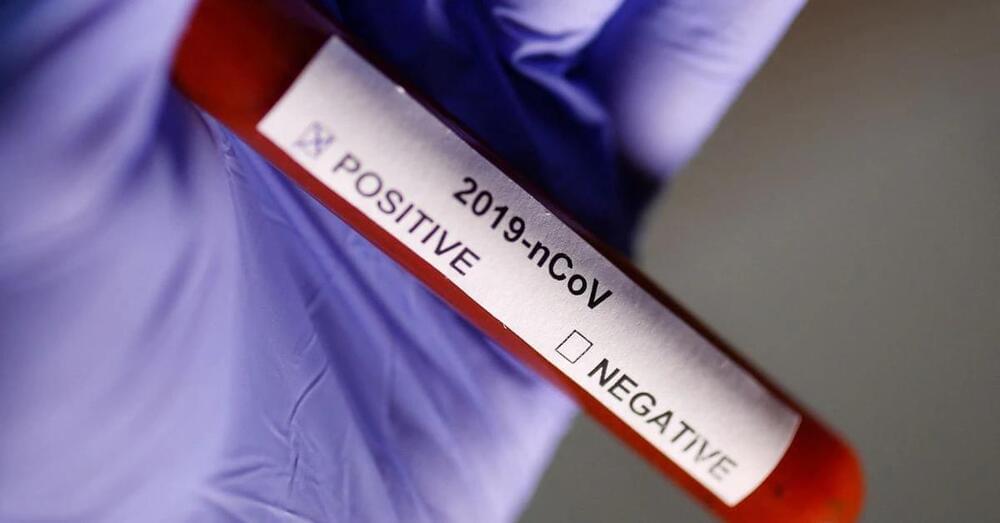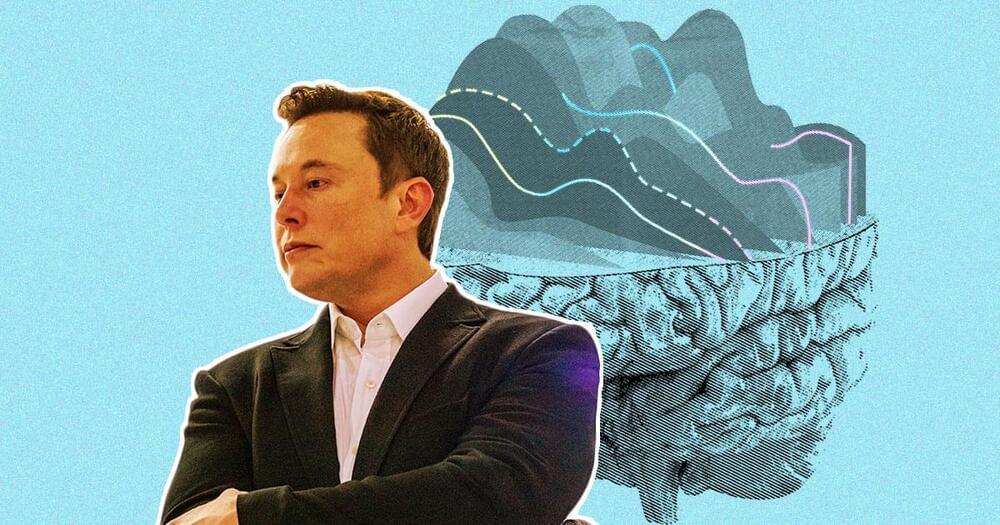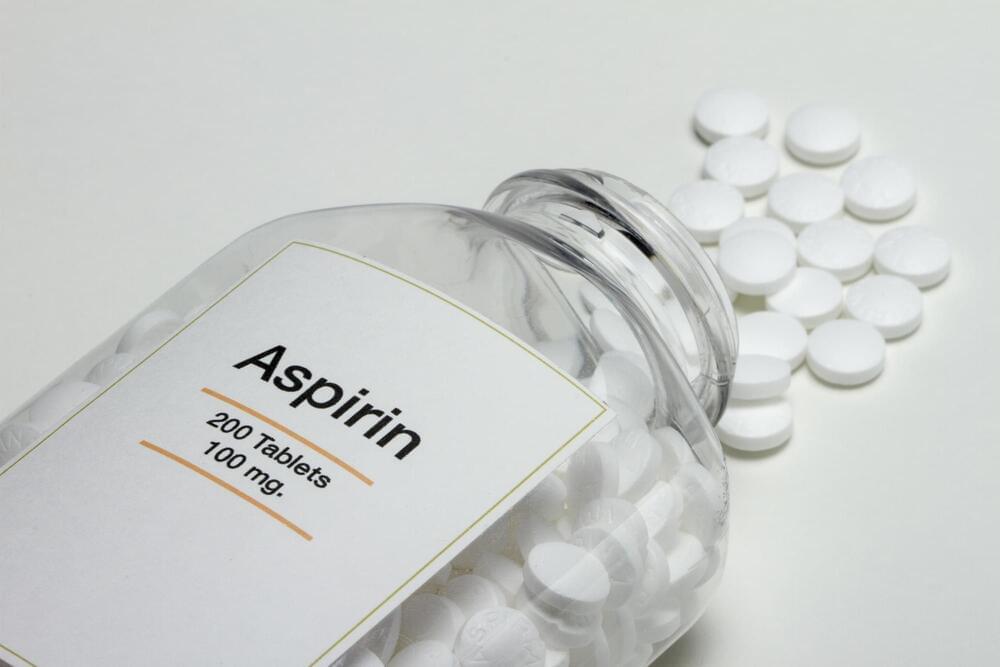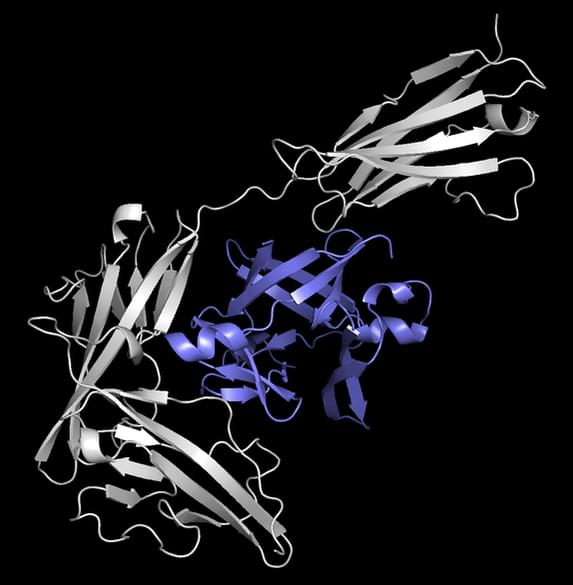Info from Japan.
TOKYO, Jan 31 (Reuters) — Japanese trading and pharmaceuticals company Kowa Co Ltd (7807.T) on Monday said that anti-parasite drug ivermectin showed an “antiviral effect” against Omicron and other coronavirus variants in joint non-clinical research.
The company, which has been working with Tokyo’s Kitasato University on testing the drug as a potential treatment for COVID-19, did not provide further details. The original Reuters story misstated that ivermectin was “effective” against Omicron in Phase III clinical trials, which are conducted in humans.
Clinical trials are ongoing, but promotion of ivermectin as a COVID-19 treatment has generated controversy.








